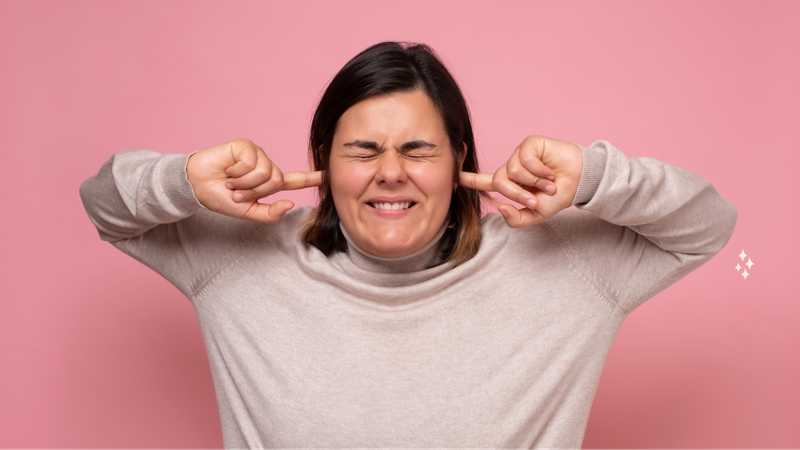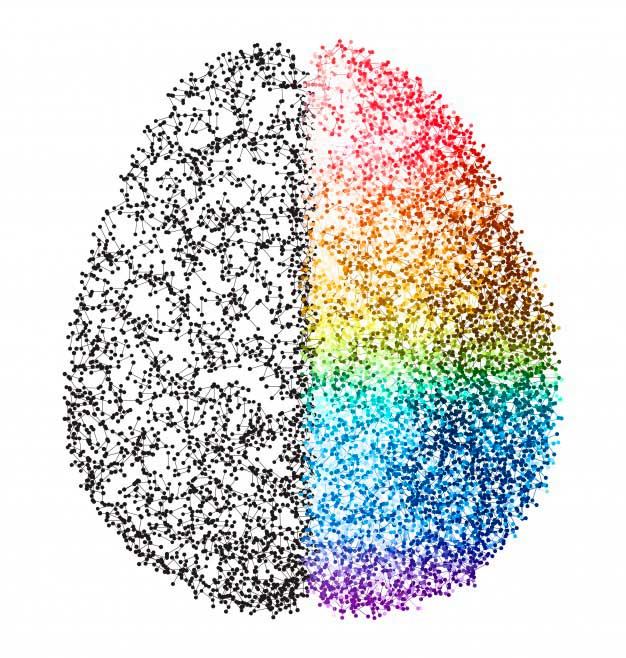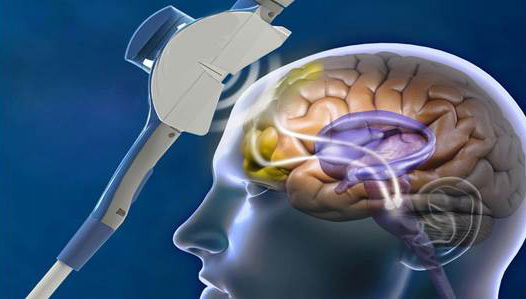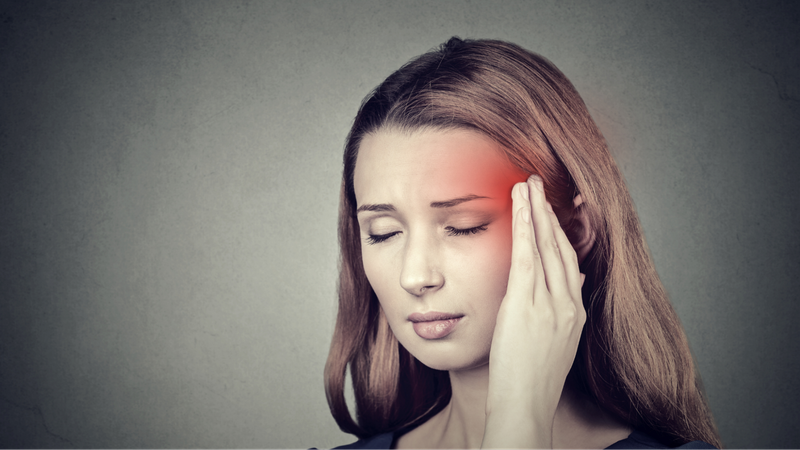Learn More #neurofeedback
Food is the fuel for our entire body and its functions, including our brain. Brain health and nutrition interact a lot more than you may expect. For that reason, when it comes to targeting our brain function while treating certain mental health conditions, we always have to consider how our diet comes into play.
Read MoreEvery day, people all around the world battle health issues that feel “unhealable” because traditional medicine keeps failing them time and time again. From mental health issues such as anxiety to physical discomfort such as chronic tinnitus causes millions of people, everything has a solution if you give your brain the necessary help to heal. That is precisely why using neurofeedback for tinnitus is so effective.
Read MoreMany people ask what brought me to becoming a neurofeedback practitioner. I can happily tell you my twisted story and how neurofeedback completely changed my life.
Read MoreThere are many different types of neurofeedback systems: LENS, EEG, NeurOptimal®. As brain science and technology evolve, so do the neurofeedback offerings. Here is my personal journey on discovering their features, benefits and limitations.
Read MoreTrauma can have a devastating effect on a person’s physical and mental health and can impact every area of a person’s life. Family relationships, friendships, school, and work performance all suffer in the face of trauma. Learn how EMDR and neurofeedback can help.
Read MoreThere are times when our emotions get the best of us – losing a loved one, being fired from a job, feeling nervous for a speech. In times like this, an emotional regulation strategy is a valuable skill to possess.
Read MoreFeeling like your mind is clouded, like concentrating is impossible, and your memory is slipping away is scary, which is why brain fog is no joking matter. With neurofeedback training, you can teach your brain to understand its problems and find their cure, while actively improving brain function.
Read MoreAt first glance, transcranial magnetic stimulation and neurofeedback may appear very similar. However, that couldn’t be further from the truth. Both therapies target brain activity as a means of treating different health and well-being issues. However, that is where most of the similarities end, and all the differences begin. From methods to results, there are many things that differentiate these two brain stimulation therapies.
Read MoreAnyone who has ever experienced migraine attacks is on the lookout for the best chronic migraine treatment. Depending on your symptoms and triggers, chronic migraine treatment directions may vary, but one thing remains certain – the best course of action will always be an effective but non-invasive one.
Read MoreOur brain activity, and more specifically brain waves, hold the key to treating anything from ADHD symptoms to migraines, anxiety disorders, and so much more.
Read MoreMenopause can be a very different experience for each woman. Some experience intense symptoms that cause them discomfort in their daily lives, while others only feel the relief of not having to deal with their menstruation anymore. Either way, all experiences are valid and important.
Read MoreAddiction treatment is not easy. Substance use disorder is extremely serious, and in its most severe cases it does not only affect your life, but can even end it.
Read More













